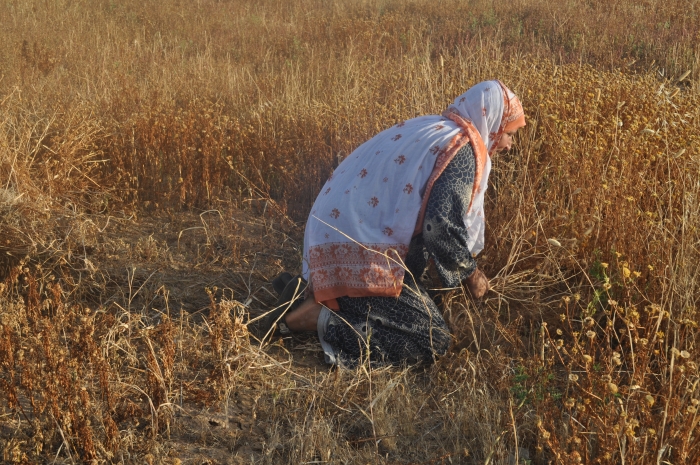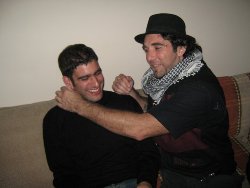Category: Journals
-
Do you see that land? That land is mine and I cannot go there
14 May 2011 | International Solidarity Movement, Gaza On May 8, 9, and 10th the farmers of Khuza’a harvested their wheat. Khuza’a is a village near the Israeli border in the southern Gaza Strip. For three days they visited the fields, starting very early in the morning and picking the fruits of their land. For…
-
Today the farmers of Beit Hanoun harvested their wheat
26 April 2011 | International Solidarity Movement, Gaza Today the farmers of Beit Hanoun harvested their wheat. This would be unexceptional news in any other part of the world, but in Palestine things aren’t always so simple. Beit Hanoun is close to the Israeli border, a border where Israel imposes an illegal “buffer zone” in…
-
Vik’s not gone
22 April 2011 | International Solidarity Movement, Gaza Vik, habibo, you’re not gone, not for me at least. In life you brought the warmth every time I met you, and to everyone else. You did not see it as a duty or a service but it was just how you were, to rouse and stir…


